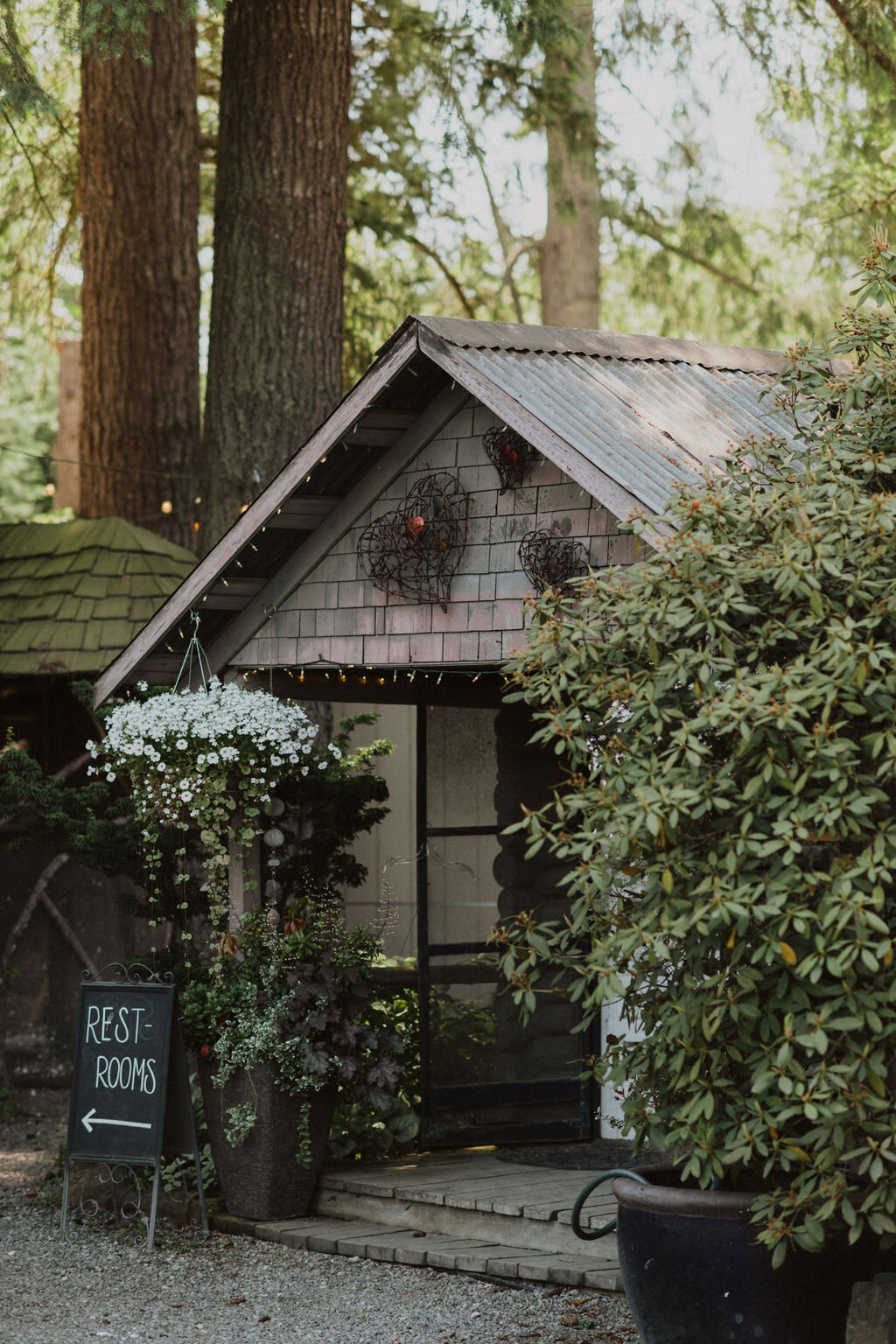The 4 Types of Wedding Venues
There are 7 tasks you should complete in the first month of planning your wedding (see previous blog post!) The 7th is to start searching for venues. At this point you should know your priorities, budget, estimated guest count, the date of your wedding, and the theme. Keep these things in mind while you are searching for the perfect venue. Also, remember the #1 rule of wedding planning: you either spend the money to have a professional do it for you or you spend the time and energy doing it yourself.
There are four types of wedding venues and here are some benefits and downsides of each.
The first type of wedding venues are the traditional venues like hotels and event spaces. The benefit of a traditional venue is they are well-versed in weddings. They are usually all-inclusive meaning they have a caterer, bartending services and rentals to make the process as efficient as possible. The downside of a traditional venue? They tend to be more expensive since it is a one stop shop. You are paying for the convenience.
The second type of wedding venues are modern venues. These venues are private estates that are turned into venues. They can be just as well-versed in weddings, but might have more leeway when it comes to bringing in your own vendors. However, if you want to bring in your own vendors that better fit your budget, you will have to spend the time and do the research to find those vendors yourself.
The third type of wedding venues are the unique venues. These are venues that are not usually promoted as wedding venues, but they may have some experience hosting weddings. Examples of this type would be art galleries and breweries. You may need to pay a higher deposit because you are taking them away from their usual source of income. These venues are great for decoration purposes because they might already have backdrops and a vibe that you don’t need to add a lot to.
The fourth type of wedding venues are the shell venues. These are the venues that you are just using for the land or the building. An example of this type is a field. They usually do not come with any other amenities, so you will have to do the research and planning to make sure you have all the elements that a traditional venue would have. This could includes restrooms, lighting, electricity, parking and an onsite kitchen. They may require a lower deposit but you will have to put together the pieces to make a venue from scratch.
When searching for a venue, keep in mind your priorities. If sticking to your budget is the most important thing to you and you don’t mind putting in more energy, you may be interested in a less traditional venue. However, if you don’t want to plan all the little details and don’t mind paying more, go with a traditional venue for the convenience. Whichever you choose I’m sure your wedding will be lovely!
Happy Planning!

